You almost don’t need to read the book after getting through the world’s longest title. I learned about Bill Buford after I wrote a post offering a list of summer reading books. Holly, a frequent contributor to comments on the blogsite, suggested both Heat and Dirt, by Bill Buford. I read Dirt first, about experiences […]
Book Genre: Cooking
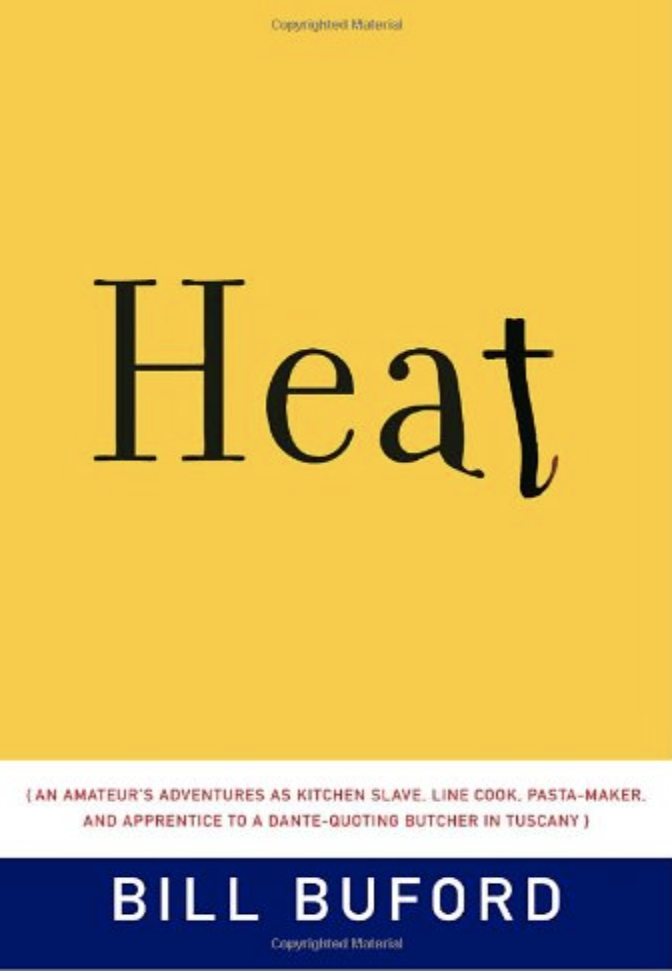
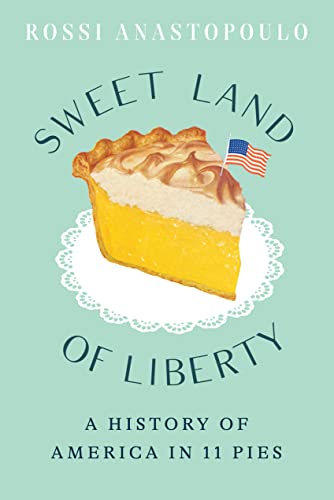
Sweet Land of Liberty: A History of American in 11 Pies
Rossi Anastopoulo
Read: 2023
Cooking, Non-Fiction
In the debate on best desserts. and in the pie vs. cake debate, pie wins for me 100% of the time. Ive had some good carrot cakes, and I’ll eat a sheet cake with a whipped cream frosting, but pie rules. So when I saw that this book was written, I had to read it. […]
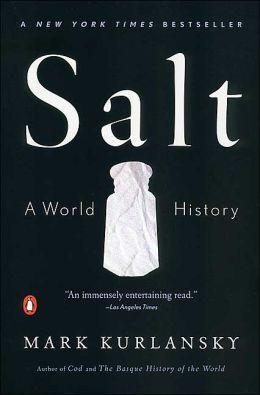
Salt: A World History
Matt Kurlansky
2003
Read: 2020
Cooking, Non-Fiction
I saw this book in the airport bookstore, and bought it for my Kindle. I love reading on my Kindle, as I can always go back to the book, I carry it with me at all times, and I can take my notes from the book and my highlights from the book and upload them […]
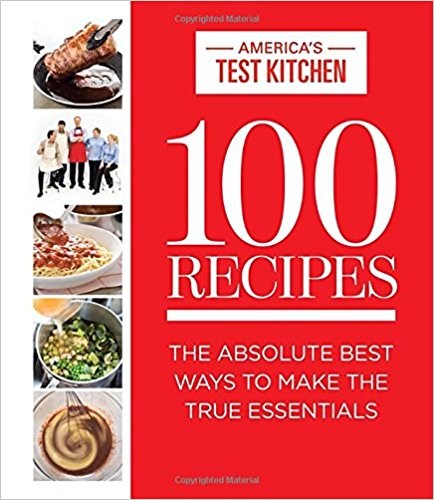
100 Recipes: The Absolute Best Ways To Make The True Essentials
America's Test Kitchen
2015
Read: 2017
Cooking, Non-Fiction
This is a great cookbook from my favorite cooking magazine people – Cooks Illustrated. They always explain the science behind why a recipe works and show what they tried and what they did not try. This is such a great book that it is now my go-to wedding/house warming gift for young people just starting […]
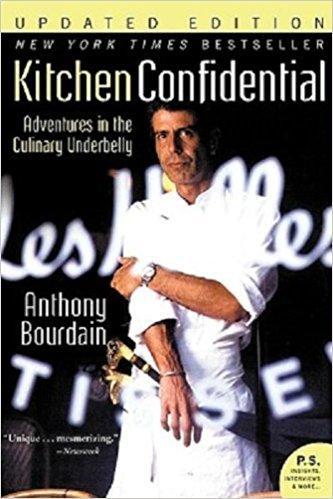
Kitchen Confidential
Anthony Bourdain
2000
Read: 2018
Cooking, Non-Fiction
After the untimely death of Anthony Bourdain, I began to learn a lot about this TV celebrity that so many in the world were inspired by. I have to admit that I am not a very good TV watcher. I have missed so many great series. Dr. Dale recommended that I watch West Wing and […]
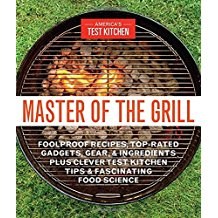
Master of the Grill
America's Test Kitchen
2016
Read: 2017
Cooking, Non-Fiction
This is another book from the good people at America’s Test Kitchen/Cooks Illustrated. So I do a heck of a lot of outdoor cooking. I even built a new outdoor kitchen this year which is something I’ve been wanting for a long, long time. It features my barbecue grill and my Big Green Egg smoker/grill. […]
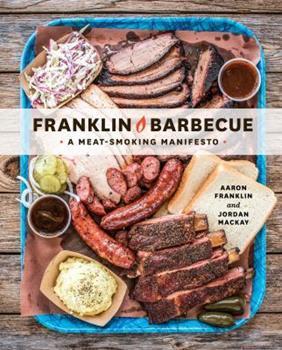
Franklin Barbecue: A Meat-Smoking Manifesto
Aaron Franklin and Jordan Mackay
2015
Read: 2020
Cooking, Non-Fiction
Some of you who know me know that I love to cook, and I love to barbecue on my Big Green Egg. Whenever I go to any place in the south, and lots of places in Los Angeles as well, I try to find great barbecue. There’s great barbecue in Arkansas where I grew up, […]